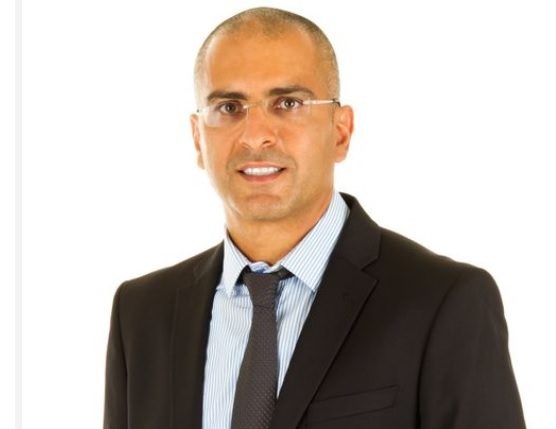International Debt Collection – How to Collect Debt in Israel?
International debt collection can be a complex and challenging process, especially when attempting to collect a debt from a foreign jurisdiction such as Israel. With different legal systems, cultures, and languages, it is important to understand the specific laws and procedures that apply to collecting debt in Israel. In this article, we will explore the process of international debt collection in Israel, including the legal framework, enforcement mechanisms, and best practices for collecting debt in this jurisdiction.
Legal Framework.
The legal framework for international debt collection in Israel is primarily governed by the Civil Procedures Law of 1982. This law sets out the procedures for the enforcement of foreign judgments in Israel, including the recognition and enforcement of foreign arbitral awards. The law also provides for the appointment of a bailiff to enforce a foreign judgment, which is the primary enforcement mechanism for international debt collection in Israel.
Enforcement Mechanisms.
The primary enforcement mechanism for international debt collection in Israel is the appointment of a bailiff. A bailiff is an official appointed by the court to enforce a foreign judgment. The bailiff is authorized to seize assets and take other enforcement measures, such as freezing bank accounts, to collect the debt owed.
In order to enforce a foreign judgment in Israel, the judgment must first be recognized by an Israeli court. This process involves filing an application with the court and providing evidence of the foreign judgment and the debtor’s assets in Israel. Once the court recognizes the foreign judgment, the bailiff can be appointed to enforce the judgment and collect the debt owed.
Best Practices for Collecting Debt in Israel.
When collecting debt in Israel, it is important to follow the proper procedures and take the necessary steps to ensure that your case is handled efficiently and effectively. Here are some best practices for collecting debt in Israel:
Engage a local attorney: To ensure that your case is handled properly and that you are aware of the specific laws and procedures that apply in Israel, it is recommended that you engage a local attorney who is familiar with the legal system in Israel and has experience in international debt collection.
Obtain a court judgment: In order to enforce a foreign judgment in Israel, it is necessary to obtain a court judgment in the country where the debt was originally owed. This court judgment should be recognized by an Israeli court and be enforceable in Israel.
Gather evidence: Before filing an application with the court to recognize a foreign judgment, it is important to gather evidence of the debt owed, including contracts, invoices, and any other relevant documentation.
Be patient: The process of international debt collection in Israel can be time-consuming and may take several months or even years to complete. It is important to be patient and persistent in pursuing the debt owed.
Conclusion.
International debt collection in Israel can be a complex and challenging process, but with the right approach and the assistance of a local attorney, it is possible to successfully collect debt in this jurisdiction. By following the proper procedures, gathering evidence, and being patient, you can increase your chances of successfully collecting the debt owed.
Citations.
Enforcement of Foreign Judgments Law, 1958
Eli Shimony – Israeli law firm represents clients on all legal matters in Israel. For any questions please contact us and we will be happy to assist.
By email: [email protected], By phone: +972-52-2769773, +972-3-5507155.
The above is only general information and does not replace legal advice which is usually necessary before taking legal proceedings.












